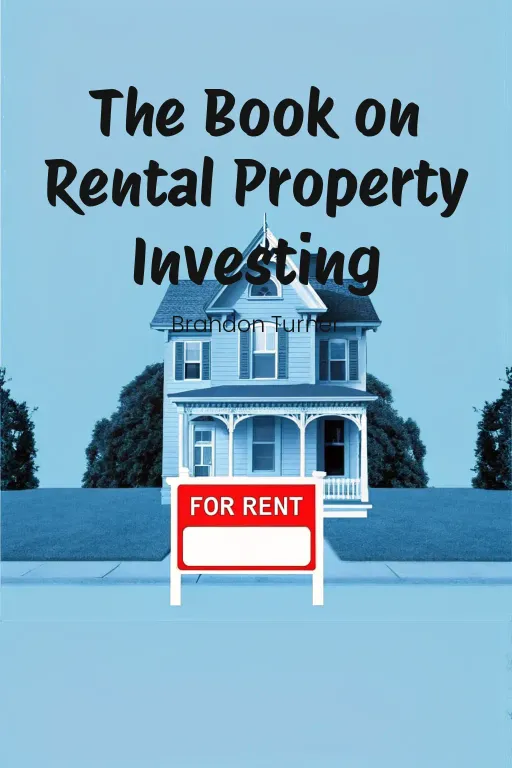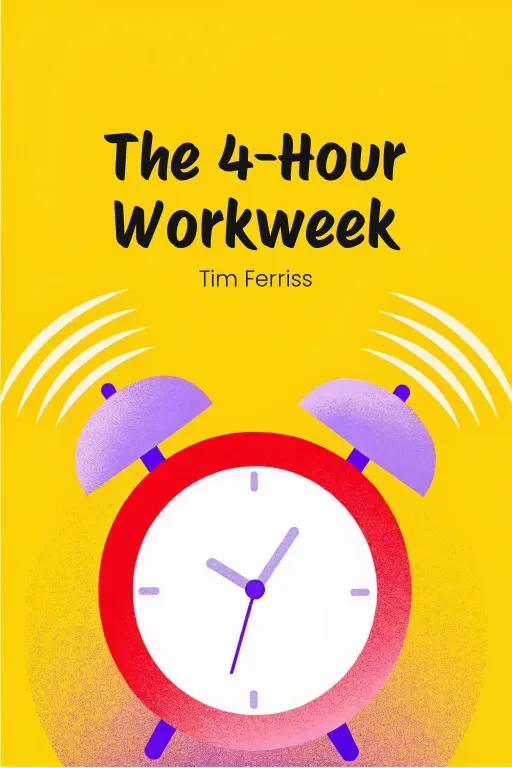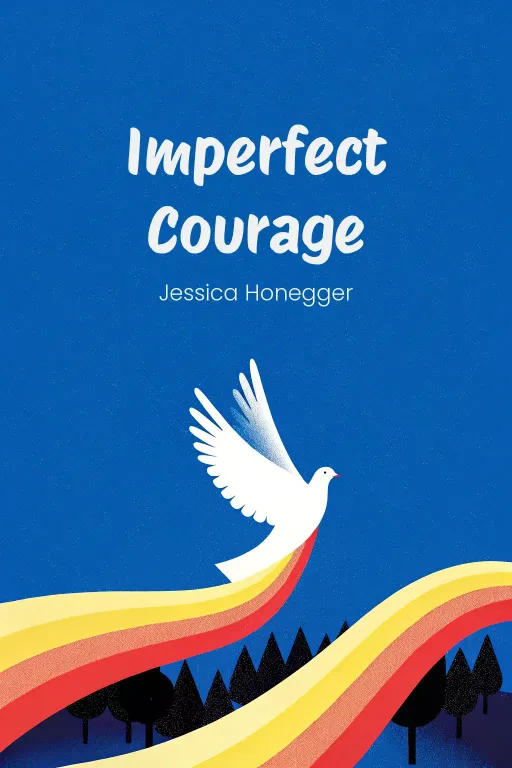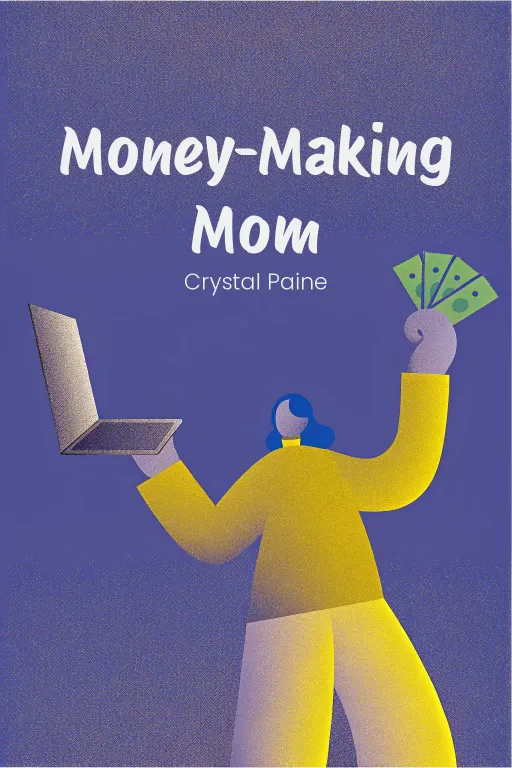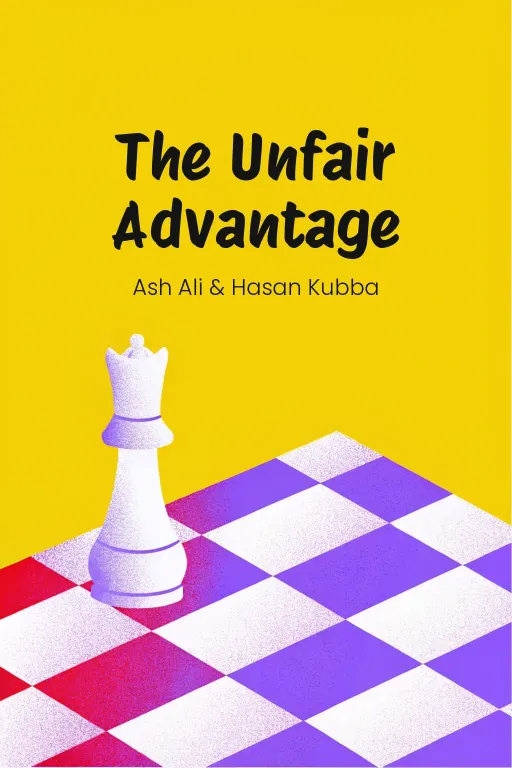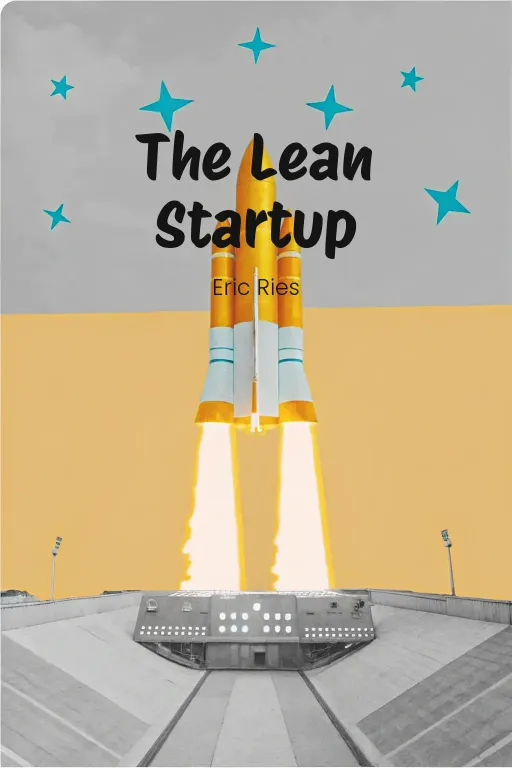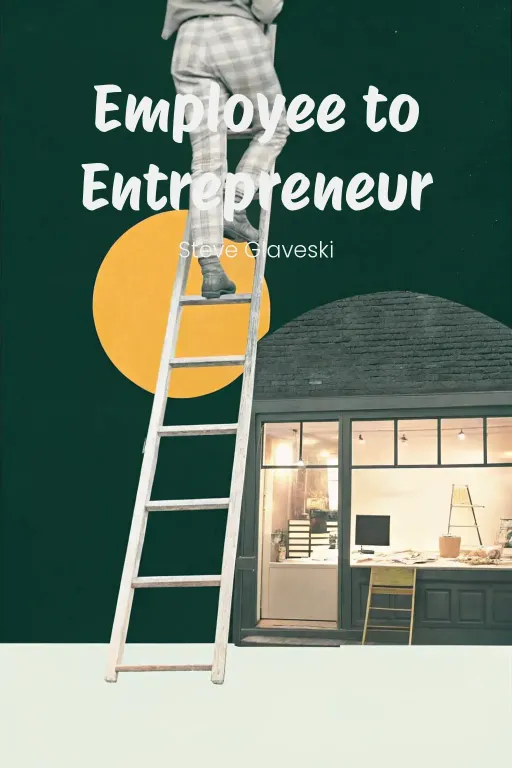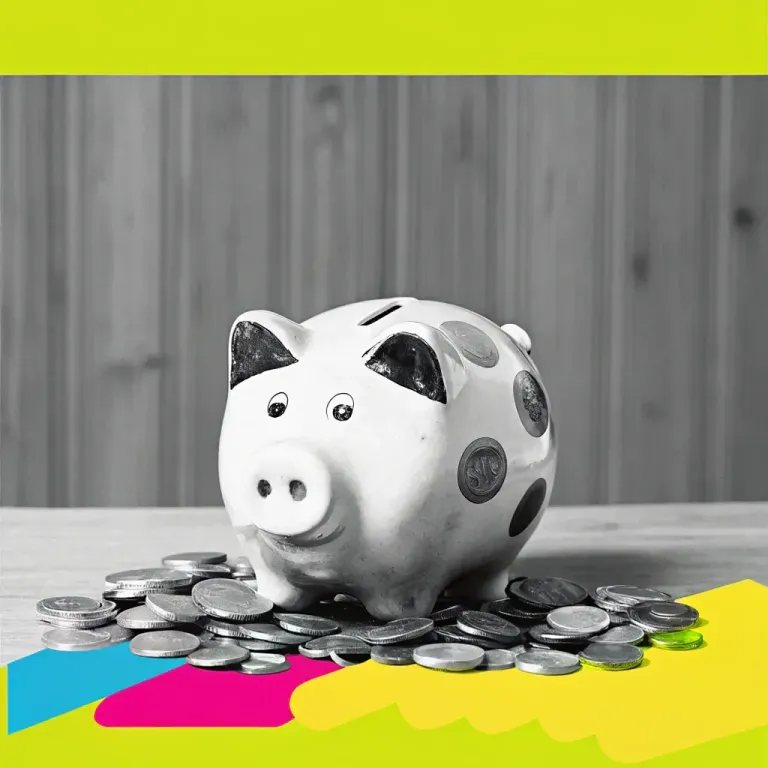
Skills to Income: Your Side Hustle Launchpad
Podcast by Let's Talk Money with Sophia and Daniel
How Every Woman Can Earn More and Make a Difference
Skills to Income: Your Side Hustle Launchpad
Part 1
Daniel: Hey everyone, welcome! Today we're tackling a topic that could “really” shift things for you – how you see your skills and what you can do with them. Ever wondered if your hobby, talent, or passion could actually bring in some income? If so, you're definitely in the right place! Sophia: And even if you haven't, hang tight, because we're diving into Crystal Paine's Money-Making Mom today. It’s not your typical "one-size-fits-all" guide. It’s more like inspiration mixed with solid, practical tips – particularly for women, especially moms – on turning their skills into something profitable, all while trying to keep some balance in their lives. Daniel: Exactly. It’s a book that “really” has a heart. Crystal Paine doesn't just help moms earn a living; she also focuses on their confidence, helps them become financially independent, and encourages them to create a life that's both meaningful and generous. She shares real stories that make you think, "Hey, if she can do it, maybe I can too." Sophia: Alright, so here’s a little preview of what we’re going to chat about today. We’ll be hitting three main ideas from the book. First off, how to pinpoint your unique skills and turn them into a real business. Then, we’ll look at the challenges that are bound to pop up – all those doubts and obstacles – and how to get past them. And lastly, the big picture: how success financially can actually make a difference in your community. Daniel: It's not just about running a business. It's about leaving something behind – personal growth meets making a real impact. So, it is a lot to get through, let’s just jump right in!
Financial Empowerment and Entrepreneurship
Part 2
Daniel: Okay, so, we're diving into the foundations of financial empowerment, and that really starts with identifying your unique skills and passions. I think this is a cornerstone, really a game-changer. Crystal Paine emphasizes that everyone has something valuable to offer. It's just about recognizing what it is, and, you know, figuring out how to actually monetize it. Sophia: I hear you, Daniel, but that's often easier said than done, isn't it? I mean, how “do” you even begin to figure out what you're truly good at? Most people don't walk around with a label that says, "master cake decorator," right? Daniel: Absolutely. But the book actually offers a pretty simple approach. Paine suggests starting with two questions: "What do others come to you for help with?" and "What activities leave you feeling, like, energized and fulfilled?" These reflective exercises can really unearth some hidden skills. Sophia: Okay… Daniel: Take Amy, for example. She always thought her life would revolve around marriage and motherhood, but then she realized she had a real gift for writing. She started with small freelancing gigs and actually built a full-fledged ghostwriting career for bestselling books. Sophia: That sounds amazing, of course, but let's dig a little deeper. Amy's story worked because she acted on her instincts and her passion, right? But what if someone reflects on their talents and feels like they don't “have” that kind of marketable skill? What if they stare at that whiteboard and just see... nothing? Daniel: Well, that's where experiences come into play – both personal and professional. You'd be surprised how transferable certain skills are. It's not just raw talent, but also the value of the knowledge you've gained. Like, someone might think, "I'm just a teacher. What could I possibly monetize?" But educators have an incredible foundation: curriculum design, lesson planning, even public speaking. All of these can translate into paid services, like creating online courses or coaching. Sophia: Okay, I'll concede that. It's a solid point, Daniel. Sometimes, it really is about reframing what you “already” know how to do and applying it in a different way. But there's still a leap from awareness to action. Let's not skip over the struggle of self-doubt. Crystal makes it sound kind of seamless, but I bet there's some heavy lifting involved in actually believing you have what it takes to start charging money for your skills. Daniel: Absolutely, and Paine doesn't gloss over that at all. She talks about starting small and building confidence gradually. Like, think about Sarah, another story from the book. She was overwhelmed by financial hardship but didn't let fear paralyze her. Instead of diving into a huge project, she broke her financial goals into smaller, manageable pieces. She saved incrementally and tested small-scale income streams until she found her rhythm. Sophia: Sure. And that kind of brings us to one of my favorite themes in the book: the idea of setting SMART goals. You know? Specific, Measurable, Achievable, Relevant, and Time-bound. This framework simplifies what could otherwise feel like a complete mountain of confusion. Sarah's journey shows how manageable goal-setting can lead to empowerment. But alright, let me play devil's advocate for a second. What would you say to someone who feels like even those small steps are barely within reach, financially or emotionally? Daniel: Right. That's where resourcefulness comes in – leveraging tools and support systems that are readily available. Paine brings up the Small Business Administration as a goldmine of free resources for new entrepreneurs. Joy and Jen from The Cupcake Tower tapped into those resources to turn their vision into a flourishing business. They had limited capital, but used mentorship programs and local networking to gain insights, like making their dream possible step by step. Sophia: And then there's Amy's journey, starting her Etsy shop. I think this is a great example of low-cost entrepreneurship. She didn't invent something groundbreaking; she simply took what she was already doing – sewing for her baby – and scaled it into a small business. What really stands out to me is how she balanced her business with taking care of her family. That's not just admirable – it's strategic. How would someone apply this to modern urban life, though? Daniel: Right, and that that leads us to the the balancing act of entrepreneurship and personal life, which Paine provides thoughtful guidance on. Amy's approach highlights practical strategies, like setting realistic income targets and creating a household budget that works. Such strategies ensure you're not just starting a business for the sake of it, but aligning it with your family's needs and values. Financial empowerment isn't just about independence; it's about creating harmony within the life you already have. Sophia: I appreciate how Paine doesn't shy away from the fact that this kind of work requires incredibly careful time management. Brenda's story illustrates this so well. As a single mom, she leaned heavily on her social circle to find flexible gigs. Babysitting and crafting might not sound glamorous, but she made it work while prioritizing her children. It's a reminder that small actions, when strategically taken, can generate momentum. But have you successfully applied these lessons to your life? Daniel: Oh definitely! And that's really the heart of it, isn't it? Financial empowerment isn't just a means to an end; it's a way to define your life on your own terms – and ideally, extend that freedom to others. I love Lal's story about her grocery store and how it became a hub for giving back to her community. She didn't just achieve financial independence; she turned it into a platform for societal impact, funding youth ministries and fostering local connections. Sophia: Stories like Lal's prove that financial success doesn't have to be self-serving. It can ripple outward, changing lives beyond your own. It's about building not just a business but a broader legacy – one that ties personal goals to community well-being. Daniel: And that's why Money-Making Mom is so powerful. It's not just about turning a profit; it's about turning your passions into something that benefits your family, your community, and maybe even the world.
Overcoming Challenges and Building Resilience
Part 3
Daniel: Right, so financial empowerment is key, which naturally leads us to starting your own thing. But let's be honest, jumping into entrepreneurship or a side hustle isn't just about positive thinking. The path is often full of hurdles, self-doubt, and moments where you're like, "Why did I even start this?" Sophia: Exactly! Which is perfect for our next topic: overcoming challenges and building resilience. We're not going to sugarcoat the entrepreneurial journey. We're going to talk about handling the real roadblocks. I'm talking about the fear of failing, perfectionism holding you back, and even dealing with criticism from others. The book shows you how to build the mental and emotional strength to not just get by, but actually thrive. Daniel: Exactly, Sophia. Crystal Paine really emphasizes that, yeah, these obstacles are real, but they're not impossible to overcome. Let's start with one of the biggest ones she talks about, perfection paralysis, that feeling of being scared to start anything because it doesn't feel perfect or ready just yet. Sophia: Oh, man, I've seen that so many times—analysis paralysis, right? You spend forever stressing over your logo, website, even just the business name. You never actually make any money. It's like standing at the edge of a pool, wondering if the water’s too cold instead of just diving in. So, how does she suggest breaking through that? Daniel: She says you have to take action right away, even if it's messy or not quite finished. Like Mika's story. This is a mom of four, just struggling with money. She could have waited until she had the perfect workspace or a fancy business plan. But no, she got a sewing machine for free, spent ten bucks on materials and just started small. Her very first product, rice bags for her neighbor. It may not sound like much, but that was her first step. Sophia: Rice bags? That sounds so simple and basic, but look where it got her! Six years later, Froggy Girl Designs is a real business, paying medical bills and kids' education. It's a great example of how small beginnings can turn into something big. Daniel: Exactly. And it shows it's okay to let go of the idea that everything has to be perfect. Mika didn't wait to be ready, she started with what she had, right where she was. That's the mindset Paine pushes throughout the book: action, not perfection. Sophia: It's a great lesson, but we all know it, starting isn't just practical, it's also a mind game. Let's get into another big fear Pain addresses: the fear of failure. This is especially tough when you're doing something new. When you mess up, it can feel like a personal failure. Daniel: I know, Sophia. Failure can feel like it says something about who you are. But Crystal turns that around. For her, failure isn't the end, it's actually feedback. She says failure can teach you what doesn't work, and that is really important in building something better. Sophia: Like Erin's story. She started on UserTesting.com, earning small amounts to review products. At first, she was only making like fifty bucks a week, and I mean, most people would probably quit right there. But Erin didn't. She learned how to get better, and she started making $150 to $200 a week consistently. It's not a fortune, but it shows how facing those early challenges is just part of the process. Daniel: And the thing about Erin is that she learned from her mistakes early on. She didn't see them as the end of the road, but chances to improve. That's what's “really” key, and it connects to another idea Pain talks about: resilience, not just emotionally, but practically, too. Sophia: Let's talk more about resilience, because I think it's what connects all the success stories in the book. You know, dealing with internal fears, but also external negativity. That's a tough combination. How do you deal with criticism from others when you're already doubting yourself? Daniel: Crystal tells this story about a young mom who was scared to start a business because she was worried about what her family and friends would say. Those negative voices, whether they're from others or in our own heads, can “really” stop you. For her, the turning point was breaking her goals into small steps and surrounding herself with people who supported her. Sophia: It makes sense, right? That sometimes success isn't just about what you do, but who you surround yourself with. It's hard to be confident when you're on shaky ground emotionally. Did she just cut out all the negativity completely? Daniel: Not completely, but reducing it helped. And focusing on her long-term goals instead of the short-term criticism. She realized that failure wasn't permanent, but not doing anything would definitely leave her unhappy. It's a simple idea that made a big difference. Sophia: It's like training a muscle, reframing fear, so it drives you instead of stopping you. But, emotional resilience can only take you so far. We should also discuss practical resilience, like strategic planning. Corinne's story is perfect showing exactly that. Daniel: Oh, definitely. Corinne and her husband had to pay off a whole year's worth of student debt, which seems a bit impossible. But, they broke it down into smaller steps: bake sales, selling stuff, you name it. They had some unexpected money problems, but they stuck to their plan and adjusted when they needed to. By the end of the year, they didn't have any student debt! Sophia: Debt-free in a year? It almost sounds like something from those fake "too good to be true" sites. But her success was based on hard work, proper planning, and being able to adapt. You don't need all the answers, you just need the right tools and the determination to see it through. Daniel: What I liked about Corinne is that she used a core idea from the book: setting goals that are realistic, flexible, aligning with your values. It's not just about having a plan, but being willing to change when things don't go as planned. That balance is what helps you succeed. Sophia: It also reminds us that life goes on while you're building a business. Challenges don't stop just because you are pursuing your dreams. We can't talk about resilience without talking about self-reflection and being able to adapt. Paine says that sometimes life requires us to change our priorities, and that is okay. Daniel: I totally agree. Her point about life seasons “really” resonated with me. Entrepreneurs, especially mothers, can't always do everything all at once. Paine says it's okay to take a step back, rethink what's important, and let go when you need to, without feeling bad about it. Sophia: So, to sum up this section, resilience, both emotional and practical, is more than just being tough. It's taking imperfect action, learning from mistakes, ignoring negativity, and planning strategically, while still reflecting and being able to adapt. Would you say that's what Crystal Pain's whole philosophy is about? Daniel: Definitely.
Living Generously and Creating Community Impact
Part 4
Daniel: So, with resilience and a strategy in place, next up is how to grow and sustain a business. But Crystal Paine doesn’t just stop there—her “Money-Making Mom” concludes with what is probably the most profound message which is using financial success to amplify its impact through generosity, and transforming not just individual lives but entire communities. Sophia: Exactly, Daniel, this is where the focus shifts from personal gain to more of a collective impact. And the idea that money isn't “really” the finish line, but just a tool. Paine essentially challenges her readers to ask that crucial question: "How can I use my business, my success, to “really” make a difference?" This shift in focus, I think, sets her apart. Daniel: Definitely. She “really” emphasizes that aligning financial goals with giving back creates a much deeper purpose. Paine suggests things like setting up a "giving budget," where a portion of your income is specifically set aside for charity. It's about integrating generosity into your financial plan, the way one manages a household expense. And the examples she shares are just amazing! Take Lal, for instance–a refugee from Burma who opened a grocery store and channeled her earnings into a youth ministry program. Sophia: Lal's story’s quite profound. She didn’t just aim for financial security, but she turned her entrepreneurial success into a lifeline for vulnerable youth in her community. A grocery store might not sound like much, but it became the foundation for something so much bigger—free classes, meals, a ministry – that’s a transformative model. Daniel: Precisely. And that makes this actionable for our listeners. Lal started small, focusing on her immediate needs, and then used her resources to create something lasting for others. You don't have to wait until you've "made it" to be generous. It should be part of your plan right from the start. Sophia: Exactly and I like this idea of a giving budget. It’s pragmatic, not just some pie-in-the-sky dream, you know? Instead of saying, "I'll give when I'm earning X amount," you proactively decide a portion of whatever you earn goes toward something meaningful. Businesses do this, but why not individuals? People tend to think philanthropy is reserved for millionaires, but that's hardly the case. Daniel: Absolutely, and Paine’s other examples reinforce that. Lisa-Jo raised $50,000 for a South African village, and she’s not a billionaire. With vision and drive, she was able to transform the village by constructing gardens, building a playground, accessing clean water, and putting up a community center. That’s a great case study about how generosity magnifies impact. Sophia: Yeah I mean, what I liked about Lisa-Jo's story is that she didn't just hand over money and walk away; her fundraising created tangible, lasting changes like Playground swings and vegetable gardens—it's more than just aid; it's empowerment. Don't you think there's a lesson here about the difference between transactional charity and something more transformative? Daniel: Absolutely, that's something that lasts longer. Transformative generosity builds relationships—it connects people and fosters long-term change. There's Pruett, who, despite being a single mom with limited resources, started small by gifting essential items to children in need. And over time, her acts of kindness expanded, and she even adopted two teenage boys from a group home, giving them not only necessities but also stability and love. Sophia: That’s where the emotional depth of generosity “really” hits, doesn't it? Pruett wasn’t running some huge operation—she was simply responding to the needs around her, one step at a time. And that ripples outward. Like, when the boys gave her that framed photo of their first Christmas together, it was proof that her efforts had changed lives. Daniel: And isn’t that what it’s all about? It's not just about the amount you give; it's about being intentional and responsive to the needs you see. For businesses, that might mean donating unsold goods or sponsoring local programs. And for individuals, it might just be organizing a school supply drive or volunteering your expertise. It starts with action, no matter the scale. Sophia: Small acts, big impact. That's Karen’s story too. She runs a small baking business, and she committed 10% of her profits to local causes. Even with the fact that her advisors initially advised otherwise, she valued making a change via commerce. Customers noticed. It almost became her brand, attracting loyalty and amplifying her impact. Daniel: Karen’s story is a masterclass in generosity redefining success. She proves that giving doesn't detract from your business–it enhances it. Customers “really” resonate with a business that puts values over profits. And let's be clear, this isn't just social marketing. Karen’s choice “really” came from wanting to make a difference. Sophia: So it’s an elegant balance, isn’t it? Aligning personal growth, financial success, and social responsibility. Let me throw this out there – what’s the risk of burnout if generosity becomes one of the cornerstones of your business? How do you avoid overextending yourself? Daniel: That’s a valid concern, and Paine addresses it beautifully. She stresses the importance of boundaries and sustainable giving. It's not about sacrificing your well-being; it's about creating systems that allow for consistent generosity. Karen, for example, set a fixed percentage—10%—rather than just pushing herself to give more than she could handle. Sophia: Got it, so it’s built into the business model, like an operating expense. It’s a good reminder not to view generosity as separate from the rest of your financial or business planning. Instead, it’s integrated, strategic, and sustainable. Daniel: Exactly, and by embedding generosity into your plans right from the start, you create a “really” shared purpose. And that echoes the idea of leaving a legacy, right? Whether you’re fostering goodwill, building stronger communities, or just inspiring others do the same, acts of service has a ripple effect that you can definitely feel. Sophia: Which, honestly, might be the most rewarding part of financial empowerment––seeing how your success helps others write their own stories. And maybe inspiring a few more Lisa-Jos, Pruetts, and Karens along the way! Daniel: That is the ultimate takeaway; it’s not just about you and your journey. It's how you can multiply that success into something much greater and by aligning financial freedom with generosity, and creating a legacy that speaks louder than any paycheck.
Conclusion
Part 5
Daniel: So, to bring our talk to a close, Crystal Paine’s “Money-Making Mom” really walks us through how to discover our own skills, how to keep going when things get tough, and how to use the money we make to do some good. It shows us that being an entrepreneur isn’t just about making money, it’s also about meaning, balance, and building something that lasts. Sophia: Yeah, what I found interesting was how Paine mixes the practical advice with the deeper stuff. You know, like creating an actionable plan for starting a business, but also thinking about how to incorporate giving back into your financial aims. It’s not just about the money—it’s about rethinking what we consider success to be. Daniel: Precisely, Sophia. And if we want listeners to take one thing away from this, it's this: you've got something valuable to offer. That skill, idea, or passion you have? It could be the starting point for taking control of your finances, not just for you and your family, but for others around you too. Believing in your potential, that’s the key first step. Sophia: Right, so let’s think about this: What’s one small thing you can do today? Maybe figuring out what you’re passionate about, making a plan, or thinking up some ways you can give back. Every little bit helps you get closer to being financially secure and feeling like you're making a difference. And who knows? Maybe your story will inspire others. Daniel: Exactly! Thanks for being with us today, and always remember: taking the first step is all it takes to begin your journey towards growth. Let’s go out there, dream big, and take initiative!

